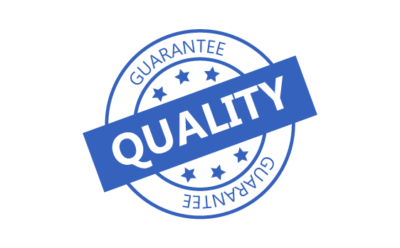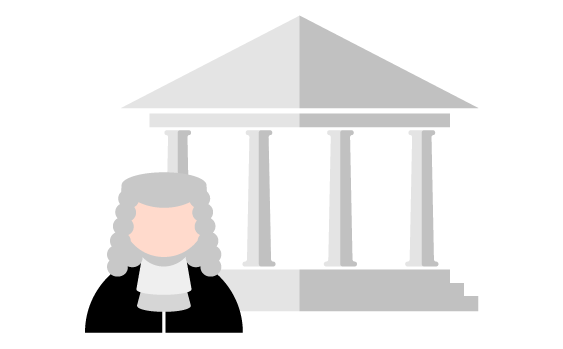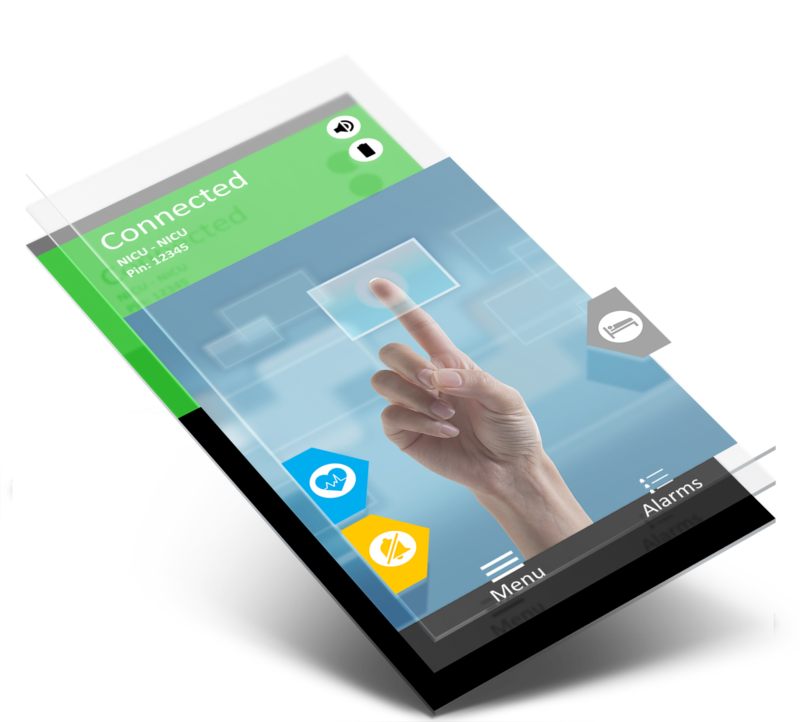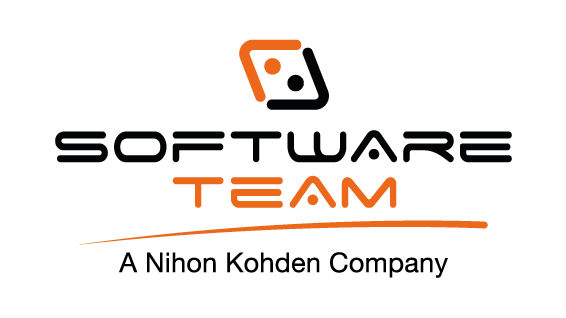Manage All Your Medical Alarms
Deliver the best care with an Alarms Management System
Managing alarms means effectively address two main issues: reduce false alarms and optimize workflow when an alarm is triggered. An Alarms Management System successfully reach this goal by minimizing alarm fatigue, improving staff efficiency and eventually increasing patient safety and quality of care.
Alarm Fatigue
The excessive number of false alarms generated by medical devices results in desensitization to alarms and missed alarms, causing a relevant number of patient deaths.SOLUTION
A Medical Alarms Management System is specifically developed to maximize the integration with monitoring and bedside devices, so that only the relevant and critical alarms are forwarded, to the right person, at the right time.
Everyday healthcare workers have to face multiple and various challenges.
With a Medical Alarms Management System those challenges can be easily overcome.
Single Rooms
The adoption of the Single Patient Room design in ICUs and NICUs offers increased patient privacy and dignity and reduced risk of infection, but reduces the visibilty of patients and complicates the nursing staff interactions and communication.SOLUTION
With a Medical Alarms Management System all the alarms are brought outside of the rooms and at the nurses’ fingertips, facilitating and supporting their work, allowing easier and faster communications.
Short Staffing
Inadequate staffing results in inadequate nurse-to-patient ratio, threatening patients health and safety, resulting in greater complexity of care, and increasing fatigue and rate of injury for the nurses.SOLUTION
A Medical Alarms Management System helps facilitating the nurses workflow by setting precise assignment rules and giving the possibility to rapidly and effectively call for help.
Safety and Reliability
Hospitals, nursing homes, clinics and other healthcare facilities host patients in critical conditions: every piece of equipment must be trustworthy.SOLUTION
A Medical Alarms Management System is and must be a CE Medical Device in Class IIb, in compliance with the Council Directive 93/42/EEC, and must comply with the Collateral Standard EN IEC 60601-1-8 and the Technical Report IEC-TR 80001-2-5.
Time Management
Nurses have to divide their time between patients individually and can't give them the care and attention they want, resulting in frustration and dissatisfaction on both the patients and the nurses side.SOLUTION
With a Medical Alarms Management System alarms, shifts, help requests, everything can be precisely set and configured to optimize the workflow, giving the nursing staff more time to dedicate to the patients, resulting in a better quality of care.
Why Have An Alarms Management System
More safety and reliability, less stress for the nursing staff

Alarm Fatigue causes interruptions of the nurses’ workflow, generating frustration in the hospital staff and patients and causing life-threatening situations. An Alarm Management System allows to considerably improve the care process, increasing the patients’ and hospital staff’s satisfaction.
The possibility to adopt a single patient room design increase the patient privacy and safety, reducing the possibility of stress or infections, improving the workflow of the hospital staff.
The certifications required by a Medical Alarms Management System guarantee the maximum reliability and safety for the patients, allowing the nurses to receive exclusively the relevant alarms, assuring the best efficiency when intervening on the patients.
Simplify the hospital workflow to reduce the costs

Reducing stress, limiting errors, improving the quality of care delivered to the patients are paramount goals for every hospital.
With a Medical Alarms Management System a hospital can reduce its management costs and improve the hospital workflow, thanks to:
- Shorter patients stay in high-intensity care units and increased organization of medium and low-intensity care departments.
- Reduced stress-causing situations for the caregivers and, as a consequence, reduced legal costs for problems caused by stress, errors, ineffective communication.
- Increased patients trust in the hospital reliability and safety, resulting in their willingness to return to the same hospital if needed, and increased caregivers trust in a good work environment, resulting in their intention to keep working for the hospital and to be hired by the hospital.
A safer and more reliable environment
Alarm Fatigue, the principal risk factor according to ECRI Institute, causes more than 900 alarms a day in a typical 15-bed unit, and more than 90% of them remains unanswered. This causes more than 50 deaths per year and a high number of legal issues for the hospital.
causes more than 900 alarms a day in a typical 15-bed unit, and more than 90% of them remains unanswered. This causes more than 50 deaths per year and a high number of legal issues for the hospital.
A Medical Alarm Management System drastically reduces the Alarm Fatigue and Alarm Hazard phenomena, ensuring maximum safety for the patients and reducing the number of related legal issues.
Moreover all actions (from taking in charge an alarm to asking for help) are tracked, so it’s easy to establish if everything possible has been done to prevent the accident.
Our Solution
Software Team’s Alarms Management System
SmartLink is the Software Team’s medical alarms management system. It collects data from any bedside device (patient monitors, ventilators, infusion pumps, …) and can be integrated with hospital and clinical information systems, nurse call systems and alarm display systems. Through SmartLink it is possible to review parameters and waveforms, relevant alarms and trend graphs/tables.

Subscribe to our newsletter!
Stay up-to-date with the latest news about us and our products.
